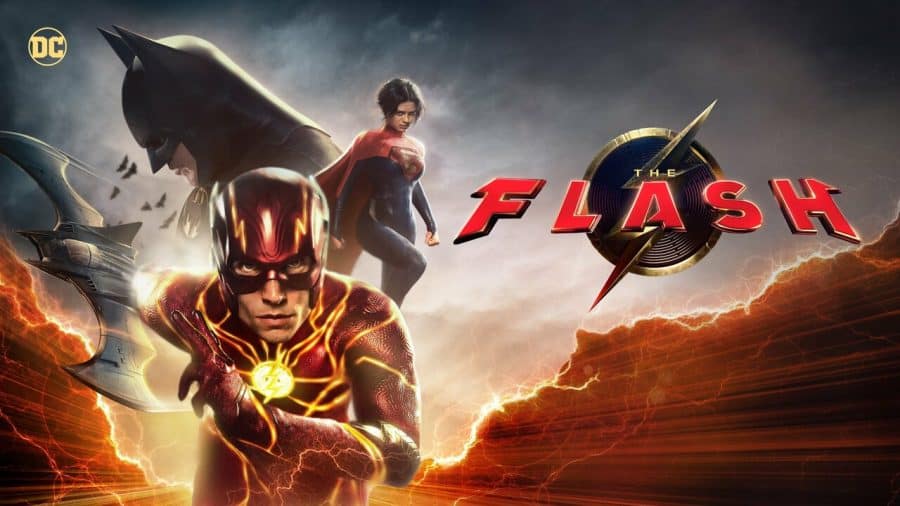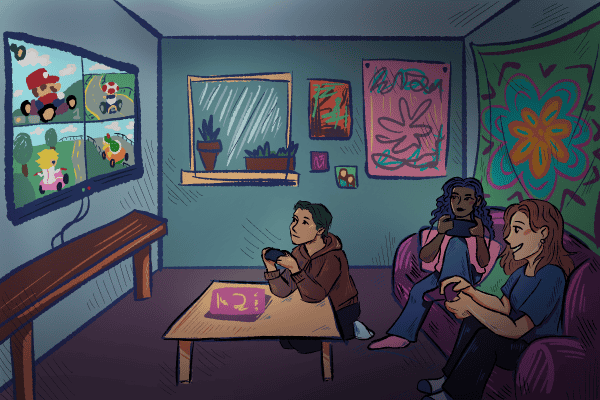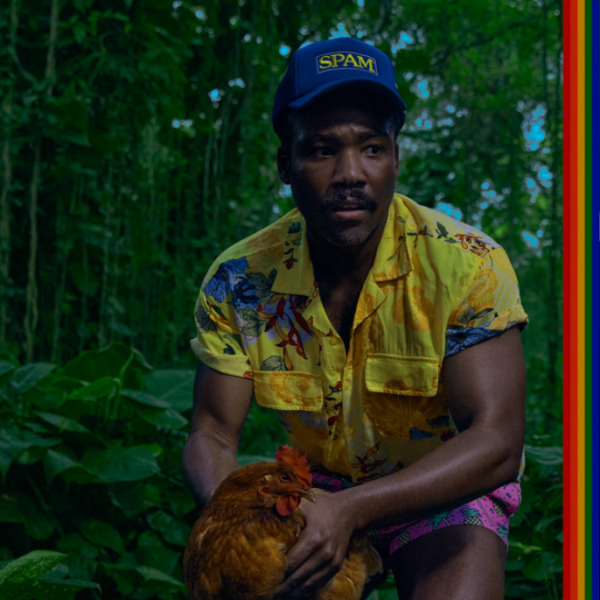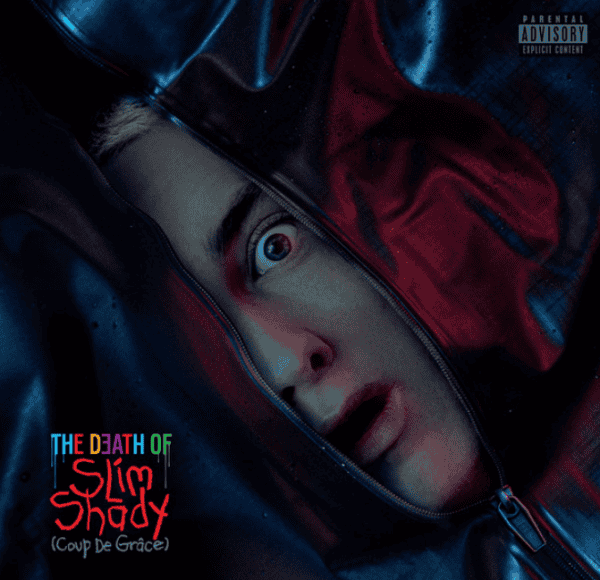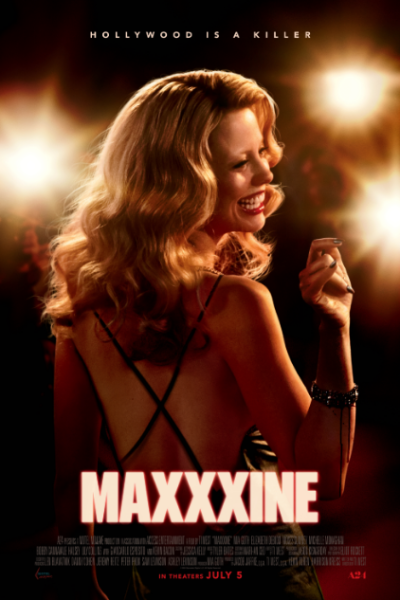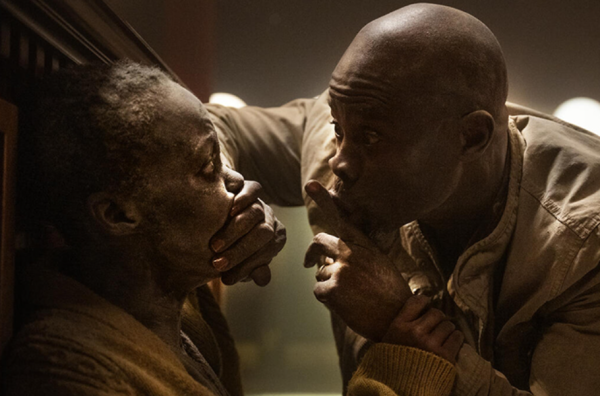Culture Pick: ‘The Flash’ and the oversaturation of the Multiverse genre
June 28, 2023
DC’s “The Flash” is a film heavily inspired by its acclaimed genre counterparts.
Hollywood is driven by this practice of taking inspiration from a successful film and utilizing its styles and ideas. When it comes to narrative innovation, inter-film influence is nothing new.
“The Blair Witch Project” revealed the marketability of found-footage films. “Pulp Fiction” popularized nonlinear storytelling. The first “Avengers” movie, and really the Marvel Cinematic Universe as a whole, pioneered the cinematic universe, the replication of which has since been attempted countless times across countless genres.
In the past couple of years, audiences have been introduced to the multiverse in storytelling, a method that expands the environment of a story beyond the earth and even the universe, into an infinite chaos of timelines and worlds. It makes room for heightened creativity and has produced critically acclaimed works like “Spider-Man: No Way Home” and “Everything Everywhere All at Once.”
The idea’s use, however, is quickly becoming more prevalent. Within the last month, audiences were given the sequel to one of the first popular multiverse stories, “Spider-Man: Into the Spider-Verse,” in the form of the even-more-multiversal “Spider-Man: Across the Spider-Verse.”
Then on June 16 came the latest in the line of cross-universe superhero fare, Andy Muschietti’s “The Flash.” It has failed to meet the critical reception of many of its multiverse-story counterparts, gathering a merely decent 64% critics’ rating on Rotten Tomatoes, 7.3/10 on IMDb and 3.0/5 on Letterboxd.
There seems to be something that makes this movie less enthralling than its predecessors. There are two possibilities: that the movie itself is of a lower quality, or that we are perhaps seeing the oversaturation of the multiverse genre only years after its birth.
A wide spectrum of opinions can be found among Rotten Tomatoes’ curated reviews. From a scouring of negative or even middling opinions in the database, one can observe a consensus that the movie is not only unremarkable and superficial on its own, but representative of the pitfalls of the multiverse method.
“The Flash” is “consumed by aerial battles and a lengthy roundabout of effects, tossing out names and faces of nearly everyone who has worn a hero cape,” writes Justine Elias of The Arts Desk, and “captures the worst of cameo culture, digital necrophilia and nostalgia manipulation,” writes Jorge Loser of Espinof.
These complaints are not invalid. “The Flash” is a bag of Wonder Bread among the artisan loaves of its genre. It does little to add to a concept that has proven to be an outlet for innovation and ingenuity.
It’s highly unfortunate that it lost a release date race it might not have known it needed to be in, but it’s nonetheless hard to ignore the fact that it is a thematic rehash of “Across the Spider-Verse,” which hit theaters two weeks before and has been hailed as one of the greatest comic book movies of all time and a contender for best picture.
It does everything that makes the multiverse genre special with a lower degree of success. The use of cameos and nostalgia-baiting in multiverse films has always toed the line between gratifying and eyeroll-inducing, and “The Flash” is the latter. None of its fan-service story threads carry much weight beyond an occasional smirk or obligatory reminiscence, which makes it feel cheap and unimaginative.
There are still positive elements, but they are mostly technical and essentially impossible-to-mess-up aspects of modern cinema. The CGI and color are for the most part pleasing to look at, and the writing is up-tempo and likewise generally enjoyable. A few interesting ideas are posed. One or two emotional moments land, particularly in the plotline involving Barry Allen’s mother. The kicker is that it’s all marred by the movie’s prevailing cheapness, however, and thus it cannot avoid falling to the depths of mediocrity.
Whether or not this movie signals a potential oversaturation in the multiverse concept is not a cut-and-dried matter. On one hand, it is indeed being used across an increasing number of franchises and genres, and if there isn’t a shift away from the basic formula of having old fan-favorite characters cross paths and going only as thematically deep as “We can’t change tragedies because they make us the people we are today,” the concept will quickly wear out its welcome.
On the other hand, “The Flash” is simply a middle-of-the-road movie. The reason it feels so vanilla has little to do with the faults of its multiverse inspiration and more to do with its forgettable execution. It is never truly subpar — its lead performance is too charming; its visuals are too engaging; and its cross-universe fare, as gimmicky as it is, is too amusing — but it is far from great. It’s fitting that it effectively serves as the finale to the larger DC Extended Universe, as it’s a microcosm of the universe’s consistent unexceptional output.
“The Flash” can be viewed in theaters worldwide.

